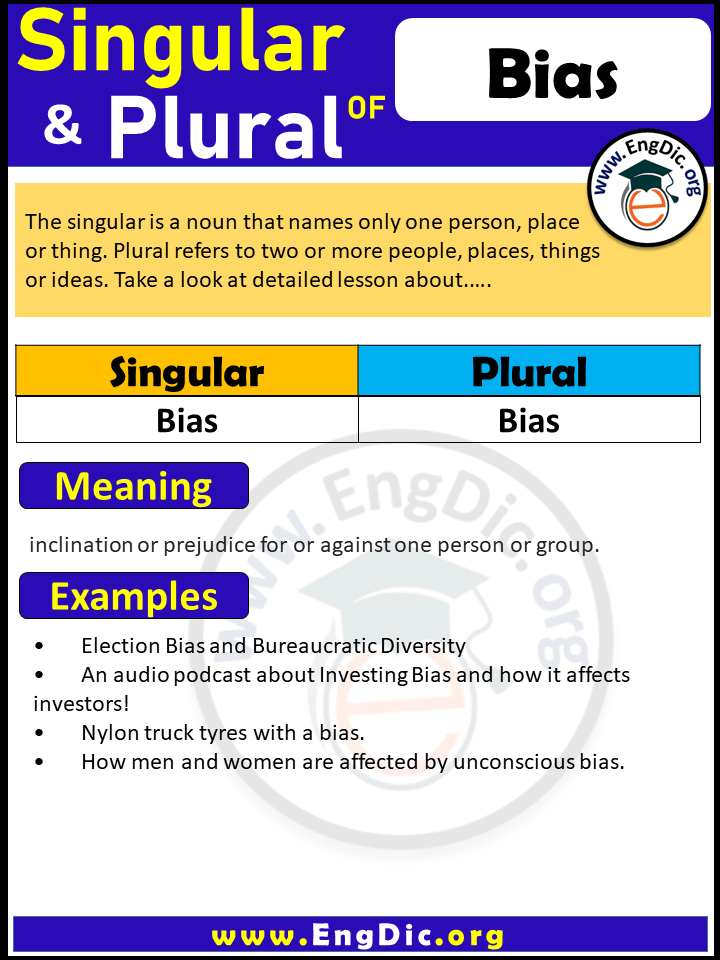Meaning: obstruction of an artery, typically by a clot of blood or an air bubble.
Plural of Embolism
| Singular | Plural |
| Embolism | Emboli |
Synonyms
- embolus
- grume
- thrombus
- coagulum
- crassamentum
Embolism as a Singular Noun in Example Sentences:
- The doctor diagnosed a pulmonary embolism in the patient.
- The sudden onset of symptoms indicated an arterial embolism.
- The surgeon successfully treated the brain embolism.
- The blood clot was responsible for the pulmonary embolism.
- The patient experienced shortness of breath due to a pulmonary embolism.
- The risk factors for developing an embolism include obesity and smoking.
- The doctor ordered anticoagulants to prevent an embolism from forming.
- The patient was closely monitored for signs of an arterial embolism.
- The formation of an embolism can lead to organ damage.
- The nurse provided education on preventing deep vein thrombosis and subsequent embolism.
Embolism as a Plural Noun in Example Sentences:
- The medical team treated multiple cases of pulmonary embolisms.
- The research study analyzed the recurrence rates of arterial embolisms.
- The doctors discussed the treatment options for patients with arterial embolisms.
- The mortality rate associated with massive pulmonary embolisms is high.
- The patient’s recovery was complicated by multiple embolisms.
- The emergency room admitted several cases of venous embolisms.
- The risk of developing blood clots and subsequent embolisms increases with age.
- The prevention measures aim to reduce the incidence of arterial and venous embolisms.
- The survivors of pulmonary embolisms may require long-term anticoagulant therapy.
- The medical literature highlights the importance of early detection and treatment of embolisms.
Singular Possessive of Embolism
The singular possessive form of “Embolism” is “Embolism’s”.
Examples of Singular Possessive Form of Embolism:
- The Embolism’s severity surprised the doctors.
- We studied the Embolism’s causes and effects.
- The treatment for the Embolism’s prevention is crucial.
- The surgeon explained the Embolism’s risks to the patient.
- The doctor examined the patient’s Embolism’s progress.
- The research focused on the Embolism’s recurrence rate.
- The patient’s recovery from the Embolism’s effects was slow.
- The nurse monitored the Embolism’s symptoms closely.
- The study investigated the Embolism’s long-term implications.
- The family was concerned about the Embolism’s impact on the patient.
Plural Possessive of Embolism
The plural possessive form of “Embolism” is “Embolisms'”.
Examples of Plural Possessive Form of Embolism:
- The doctors researched different Embolisms’ causes.
- We studied the patients’ Embolisms’ progression over time.
- The researchers examined the Embolisms’ effects on the body.
- The nurses monitored the patients’ Embolisms’ symptoms.
- The study focused on the treatment of various Embolisms’ complications.
- The surgeons discussed the risks of multiple Embolisms’ occurrences.
- The patients’ recovery from the Embolisms’ damage varied.
- The families were concerned about their loved ones’ Embolisms’ implications.
- The specialists analyzed the long-term effects of the Embolisms’ presence.
- The doctors’ main goal was to prevent future Embolisms’ development.






